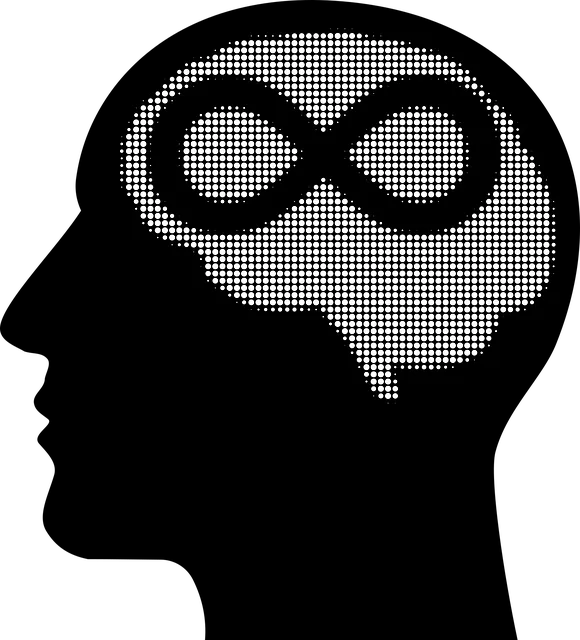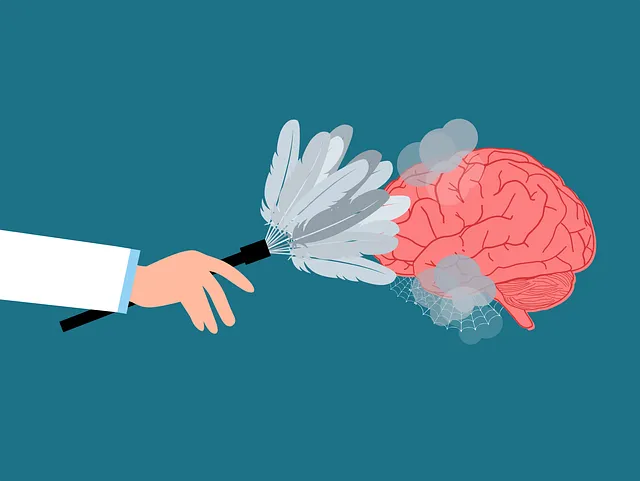Kaiser Permanente's RFM framework focuses on resilience-building tools for mental well-being. In Golden, their approach includes Community Outreach and policy advocacy, emphasizing proactive support. Phone services, like the dedicated mental health line, enhance accessibility. Resilience exercises, tailored through diverse delivery methods, improve mental wellness. Success metrics track burn-out reduction, participation rates, and risk management for professionals.
“Resilience is a crucial aspect of mental well-being, and its integration into support systems has gained prominence. This article explores the Revolutionary RFM (Recovery, Resilience, and Mental Health) framework, inspired by best practices from Kaiser Permanente. We delve into their innovative approach to building resilience, particularly through phone services, which offers enhanced care accessibility. Additionally, we provide practical guidance on implementing RFM, addressing challenges, and measuring success using key performance indicators, highlighting the significance of Kaiser Permanente’s ‘golden rules’ in mental health support.”
- Understanding RFM in Mental Health Support Systems
- Kaiser Permanente's Approach to Resilience Building
- Integrating Phone Services for Enhanced Care
- Overcoming Challenges: Golden Rules for Implementation
- Measuring Success: Key Performance Indicators
Understanding RFM in Mental Health Support Systems

At its core, RFM (Recovery, Resilience, and Mental Well-being) is a framework designed to enhance mental health support systems, focusing on fostering resilience in individuals and communities. This approach recognizes that building resilience is not just about treating symptoms but also empowering people with the tools they need to navigate life’s challenges. In the context of Kaiser Permanente mental health phone number Golden, an RFM-driven system prioritizes proactive interventions and community engagement.
The implementation of a Community Outreach Program can be a powerful strategy within this framework. By reaching out to diverse populations, risk assessments for mental health professionals can identify early warning signs and facilitate appropriate support. Moreover, Mental Health Policy Analysis and Advocacy plays a crucial role in shaping systems that prioritize RFM, ensuring resources are allocated effectively to promote resilience and recovery across the board.
Kaiser Permanente's Approach to Resilience Building

Kaiser Permanente, a renowned healthcare organization, has taken a pioneering approach to mental health support through its emphasis on resilience building. Their strategy involves a comprehensive set of exercises designed to empower individuals in managing stress and fostering emotional regulation. By recognizing the vital role of resilience in overall well-being, Kaiser Permanente offers resources that extend beyond traditional medical care.
The organization’s programs focus on various aspects of mental health, including self-esteem improvement, as a means to strengthen individuals’ ability to navigate life’s challenges. This holistic approach encourages patients to actively participate in their journey towards better mental health. Through phone-based services and accessible resources, Kaiser Permanente makes support readily available, ensuring that help is just a call away at their mental health phone number in Golden.
Integrating Phone Services for Enhanced Care

Integrating phone services into mental health care plans is a significant step towards enhancing patient support and building resilience. This strategy, particularly highlighted by Kaiser Permanente’s commitment to mental well-being, offers a valuable resource for individuals seeking support. The Golden rule of providing accessible mental health services via telephone ensures that help is just a call away, fostering a sense of security and continuity of care.
By incorporating phone-based interventions, such as therapy sessions or compassion cultivation practices, into their Community Outreach Program Implementation, healthcare providers can reach a wider audience. This approach addresses the challenges faced by those who may find it difficult to physically attend appointments, ensuring that mental wellness support is inclusive and tailored to individual needs.
Overcoming Challenges: Golden Rules for Implementation

Implementing resilience-building exercises (RFM) is a transformative process that can greatly enhance mental wellness, especially for those seeking emotional healing. Overcoming challenges in this journey often requires adherence to certain golden rules. One key aspect is ensuring accessibility; similar to how Kaiser Permanente provides support through its mental health phone number, making RFM accessible and inclusive is vital. This involves offering diverse delivery methods, catering to various learning styles, and considering cultural sensitivities to attract a broader audience.
Additionally, consistent practice is essential for effective RFM implementation. Incorporating these exercises into daily routines, much like integrating Mental Wellness Coaching Programs Development, can foster long-term resilience. Encouraging participants to adopt a growth mindset, focusing on mood management as a skill to be honed, empowers them to navigate life’s hurdles. By combining accessibility, practice, and the right mindset, individuals can harness the power of RFM to lead more fulfilling lives.
Measuring Success: Key Performance Indicators

Measuring success is a crucial aspect of any initiative, especially when implementing RFM and resilience-building exercises within an organization like Kaiser Permanente. The key performance indicators (KPIs) for such programs should focus on both immediate and long-term improvements in mental health and overall employee well-being. One primary KPI could be the reduction in burnout rates among mental health professionals, which is a significant concern within the industry. According to recent studies, Golden’s Mental Wellness Coaching Programs Development has shown promising results in preventing burnout, leading to improved job satisfaction and retention rates.
Additionally, KPIs should include metrics related to employee engagement and participation in resilience-building activities. Encouraging active involvement can be measured through attendance records and post-workshop feedback surveys. Risk Management Planning for Mental Health Professionals is another critical aspect to monitor, ensuring that the program’s implementation does not create additional risks but instead fosters a safer, more supportive work environment. This includes tracking the number of successful interventions and improvements in crisis management strategies.
The implementation of RFM and resilience-building exercises, as exemplified by Kaiser Permanente’s innovative approach, offers a promising direction for enhancing mental health support systems. By integrating phone services to provide accessible care and overcoming challenges through established golden rules, organizations can significantly improve patient outcomes. Measuring success with key performance indicators ensures that these initiatives remain focused and effective. Remember, in the realm of mental health, fostering resilience is a game-changer, and Kaiser Permanente’s strategies highlight the importance of leveraging technology and comprehensive care to build a stronger, more resilient community around the Kaiser Permanente mental health phone number.






